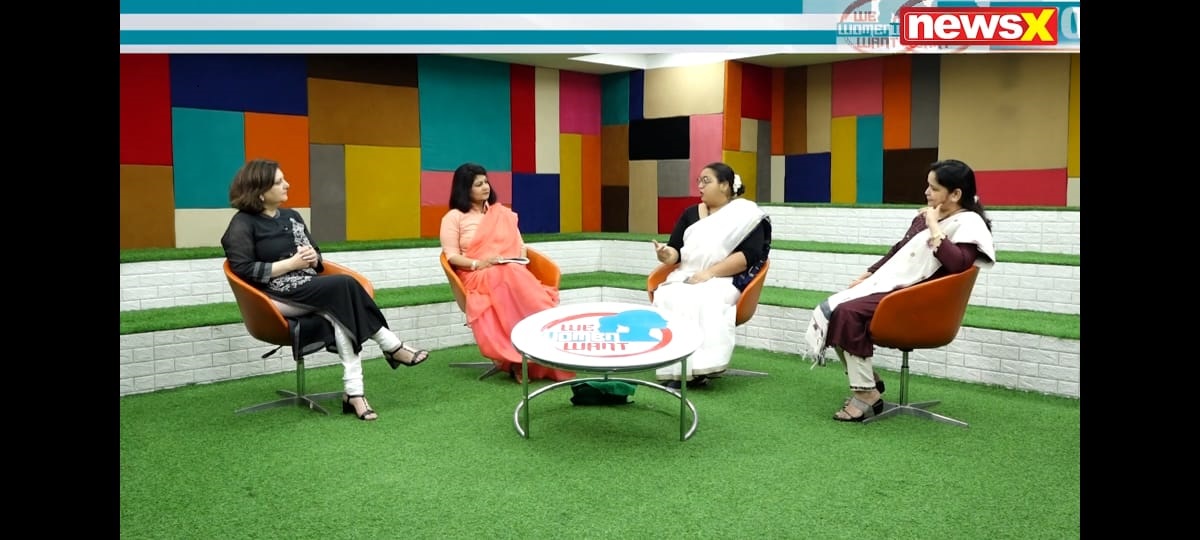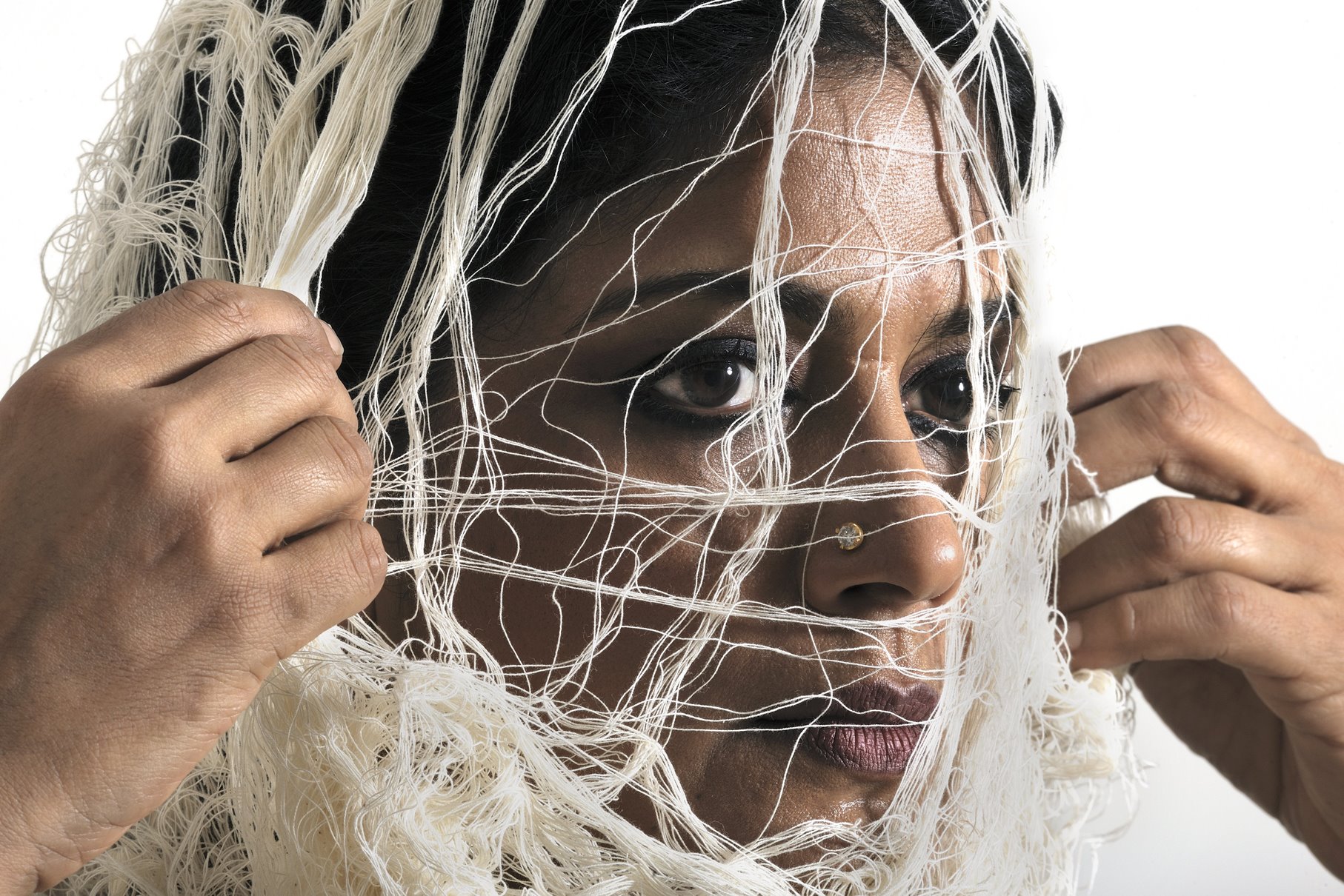There have been a lot of progressive judgments this year, how has the women fared in the court of law, what are the laws that each and every woman should be aware of, which work in their favour. Our guests are Payal Chawla, the founder of Just Contract Us; Talish Ray, managing partner at the TRS Law Services and Ritu Dhuria, a lawyer.
Excerpts
Q. This year, what are the judgments that you would say have come up in women’s favour, for example we have had the famous abortion judgment that has set a global trend?
A. I think it is a very powerful and important judgment because it came out just after Dobbs came out in the USA. So, the Supreme Court said that this is you know this violates the equality principle under Article 14 and that the words married woman would be replaced by any woman and the word husband would be replaced by partner which is very progressive. The court also said the word rape would also include marital rape.
Q. You run an all-women law firm. How is that working out in terms of the work atmosphere?
A. It’s brilliant running an all-women law firm as an even an all women business because it’s terribly efficient. Women come and leave at a particular hour. They have to work and then they have a third shift at home. So, they don’t have any time to faff and waste in office. One of the reasons for having an all -women law firm is also to be able to create this one inner space for them which is comfortable and the gender battle is not there.
Q.How do you find being a woman and a lawyer. Within the courtroom is there an advantage or a disadvantage?
A.Let’s acknowledge there is a glass ceiling- you have to workharder than a man. I have an unusual name and as a result, very often I get emails which keep referring to me as mister and I’ve actually had someone turn around and say but even your communication and briefs sound like they have been drafted by a man and that’s an interesting perspective because when I’m at my workplace, I’m a legal counsel. I’m not my gender, I’m a professional. And that is a very tough one to get across to people.
Q. Can you tell us about harassment at work places? Is there any judgment that you would like quote?
A. Anybody who refers to themselves by the gender of women need to understand that laws for any category, especially for women, get divided into three subcategories. One is that of your home. That is where your basic acts around marriage, adoption, guardianship, violence, domestic violence act, all of these come in. Then there is that relating to workplace. In workplace, there is maternity prevention and sexual harassment, even contract acts for that matter. You need to know what your rights are, certain amount of labour laws as well that go along with it. And the third is an aspect which is emerging since 2002, which is the information technology. And its various circulars, intermediary liabilities, because every professional woman or even otherwise, every woman today is in some manner or the other connected to the online world
Q. When you actually go and say matrimonial cases, a lot of judgments, we have a lot of men coming and saying that laws are slanted in favour of women. Do you think women have some advantage over men?
A. Under the domestic violence act, various reliefs are there which are given only to the women. And there are statutory laws, which are available for the welfare of the women because they are often the soft target. The recent Manipur sexual assault cases are a big example.
Additionally, the use of the terminology, ‘laws favouring women’ is a bit unfair. Because if you see the delta in terms of the difference in society between men and women, all that the laws are doing is trying to create some balance. I think a lot of people go to court when you have robbed them of so much dignity, they have nothing else to lose.













